How To Get A Higher Quality Sleep At Night
Everyone has heard about how important it is to get the right amount of hours of sleep to function at our best, but an often overlooked aspect of sleep is its quality. Quality of sleep is just as important, or perhaps more so, than duration when it comes to feeling well-rested in the morning! Consumption of caffeine, exposure to bright and blue lights, erratic wake up and sleep times, and poor posture are just a few of the contributors to poor quality sleep.
Stick To The Same Sleep Schedule
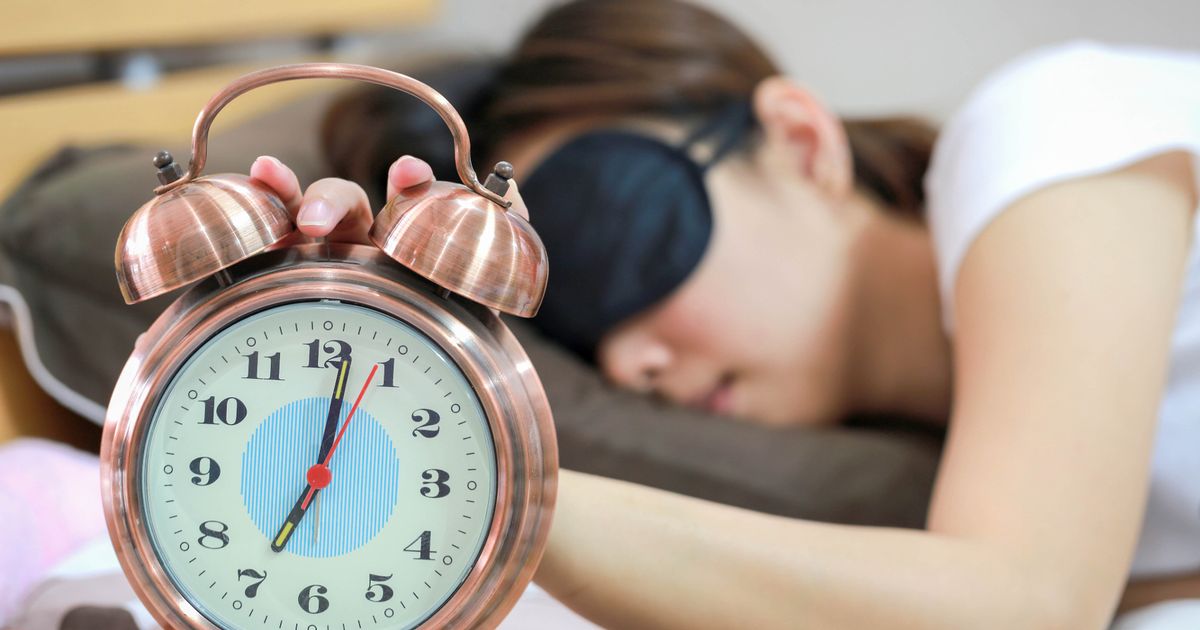
Sticking to the same sleep schedule every day is one of the best tips you will likely hear to improve the quality of your sleep! Try to schedule an eight-hour block of your day dedicated to sleep and stick to it, regardless of the weekend! It is important to keep your bedtime and time you wake up at either the same time or within an hour of the same time each day to get the most out of a night's sleep.
After a while, your body develops a rhythm, and you will find yourself naturally becoming tired around the same time every night, and as long as you are going to bed at the same time, you will likely find you start waking up feeling much more rested in the morning. If you find upon laying down to go to sleep you do not fall asleep within the first twenty minutes, it is recommended that you get up and leave your bedroom and do something relaxing. Once you feel sleepy, you can go back to bed and try again.
Get The Right Kind Of Pillow
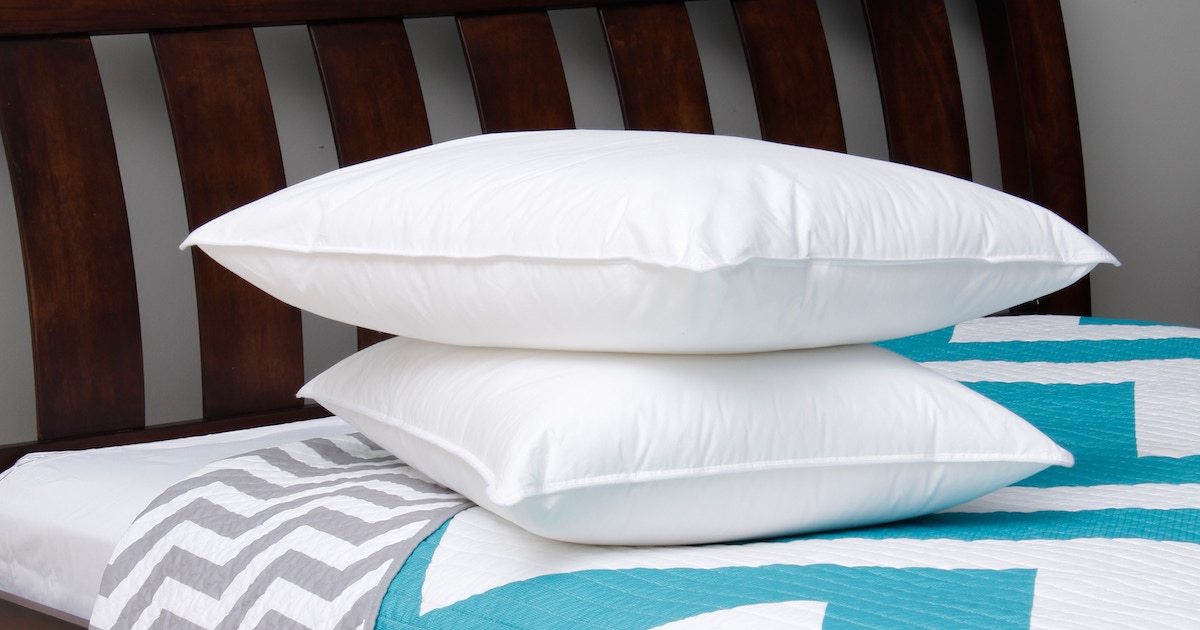
Posture is just as important during the night while you sleep as it is during waking hours! Sleeping with bad posture often results in poor sleep quality, restlessness, frequently waking up during the night, and pain and stiffness upon waking up. Due to this, ensuring you get the right kind of pillow for your sleep style is important. Whether you are a side or back sleeper, you want your body to be in a natural state of alignment.
If your shoulders and neck are not adequately supported or set in such a way that causes craning, twisting, or crunching, your body and spine will end up being out of alignment, leading to discomfort throughout your body, which can lead to strain and sleeplessness. Make sure whatever pillow you decide to go with feels comfortable when you rest your head on it. It should also provide proper shoulder, neck, and head support to promote the correct alignment.
Reduce Blue Light At Night
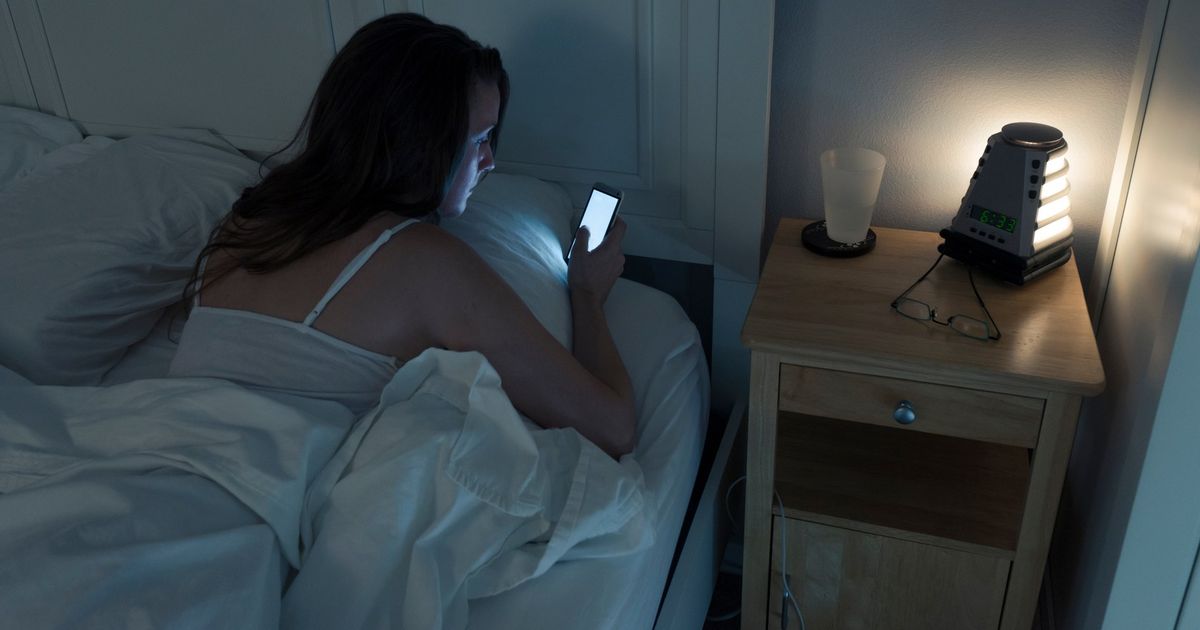
The blue light that comes from many of the screens we have come to frequent before bed including phones, computers, televisions, or tablets has been found to be detrimental to sleep quality. The blue light these devices produce suppresses the body's natural production of melatonin, resulting in poor sleep quality. Besides, many of the shows and things we watch and look at during the late hours of the day end up being more stimulating than relaxing, which further negatively impacts the quality of sleep. When you do go to bed, make sure the room is especially dark, utilizing heavy blackout curtains or a sleep mask if you must.
It is a good idea to also cover up electronics that might produce any extra light. If you do insist on using your phone or computer before bed consider turning the brightness down and using a blue light filtering program to lessen their negative impact. Some of these devices even have 'night modes' built in to help reduce blue light automatically, provided you turn the setting on. If you work to reduce blue light at night, you will likely find you will rest better!
Don't Drink Caffeine After 4 PM
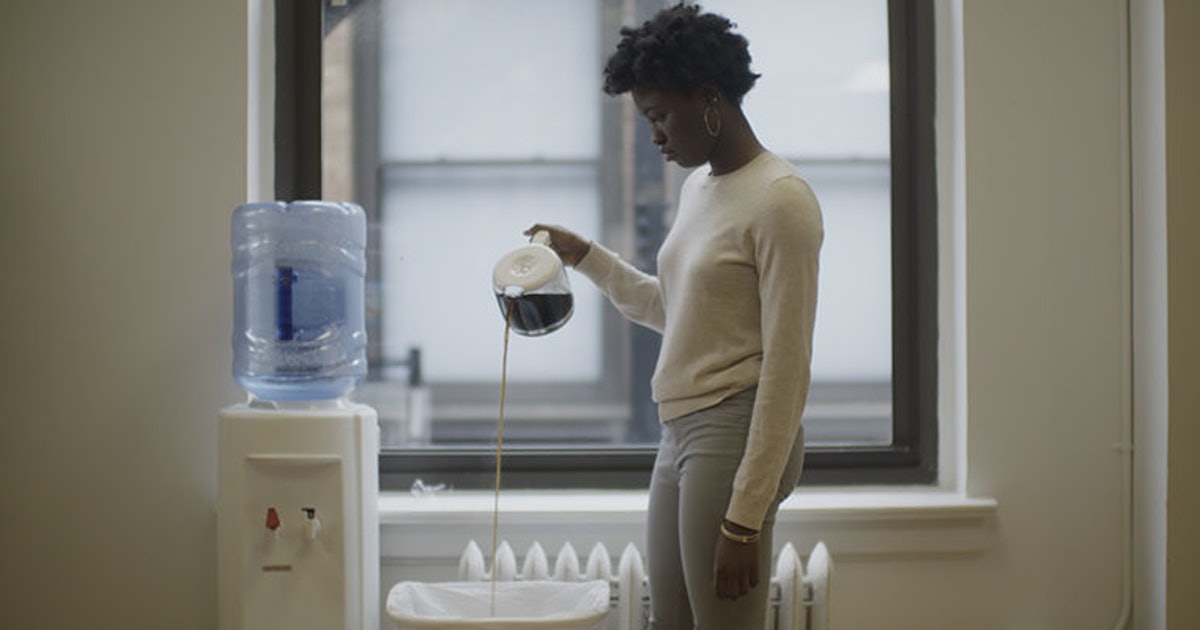
Most individuals know consuming caffeinated foods and beverages before bed can cause them trouble falling asleep but what most do not realize is caffeine can actually negatively impact their sleep quality up to ten to twelve hours after consuming it! Caffeine negatively affects sleep quality by way of lengthening the second phase of your body's sleep cycle where your brain starts repairing itself and making sense of the previous day. In doing this, phases three and four are shortened, which is where dreaming and REM sleep occur, and is why you will likely feel less rested even after a full eight hours of sleep.
Caffeine, as most know, is a stimulant. It works great when you need a little more pep and want to feel more awake, but if you have some too close to bedtime, you will find you either cannot fall asleep or the sleep you are getting is not restful. It is commonly recommended to avoid drinking caffeine after 4 PM, though it's best to avoid it at least eight hours before heading to bed.
Don't Nap During The Day
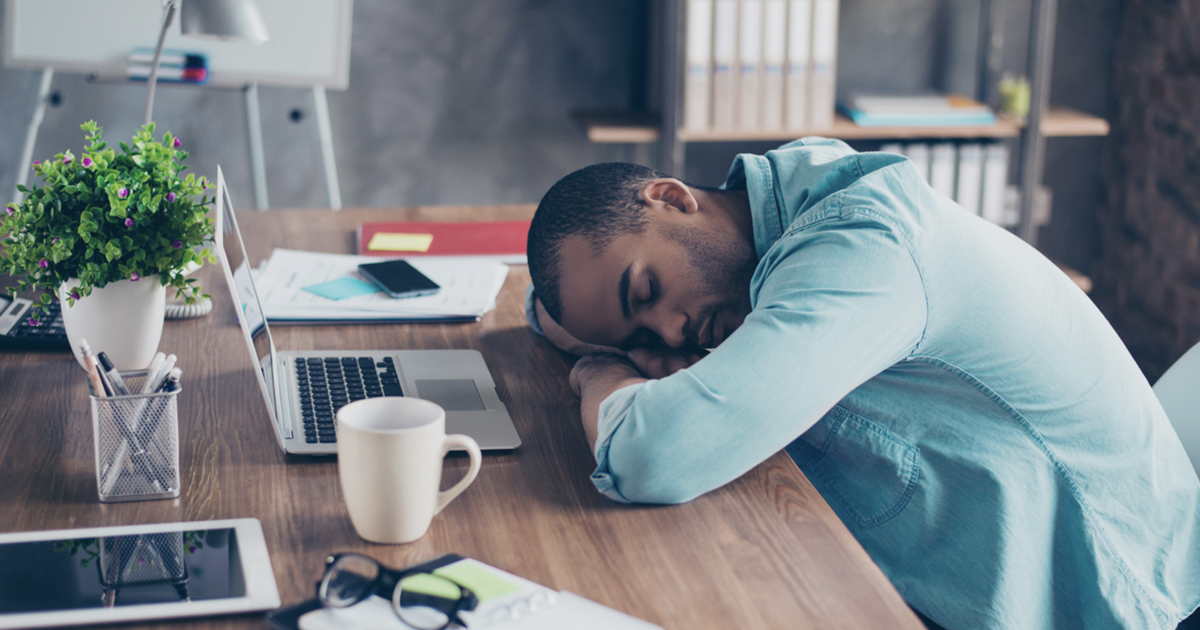
Naps may seem like an excellent and simple way to catch up on some much-needed sleep if you happened to not get enough the previous night, but if you find yourself taking them later in the day, they may end up interfering with your real bedtime later! It is best to limit naps to thirty minutes and to only take them in the earlier parts of the day. If you do have issues falling asleep at night, consider eliminating naps and see if it helps. Naps taken later in the day can decrease your body's sleep drive, so it's best to hold off on naps later than 5 PM. The best advice, of course, is to simply avoid napping during the day. With the other tips, naps will be far less necessary, and so avoiding them will be easier.
Try Taking Melatonin Periodically

Melatonin is a hormone, and this hormone is produced naturally in the human body. In fact, melatonin is what helps everyone sleep at night. Therefore, the decision to try taking melatonin periodically can increase the levels in your body, thereby motivating better sleep. You should take ten milligrams or fewer when you want to invite sleep in. Of course, you should not take melatonin every night. One issue with opting for melatonin every night or too frequently is your body might become immune to its effects or reliant on it. Instead of falling asleep quickly, you may discover you are just as wide awake as you were before.
Increase Exposure To Bright Light During The Day

You may wonder how getting more light could actually help you sleep better at night. Keep in mind your body as natural responses to the world around you. In other words, choosing to increase your exposure to bright light during the day can help bolster the efficiency of your circadian rhythm. Increased exposure to bright light can help your body to better distinguish between activities during the day and activities at night. The darkness of your room at night can signal to your body the time has come to go to sleep. Also, think about the activities you might engage in while in bright light. Going outside and participating in exercise, for example, can help you feel more tired at night too.
Keep The Bedroom Cool
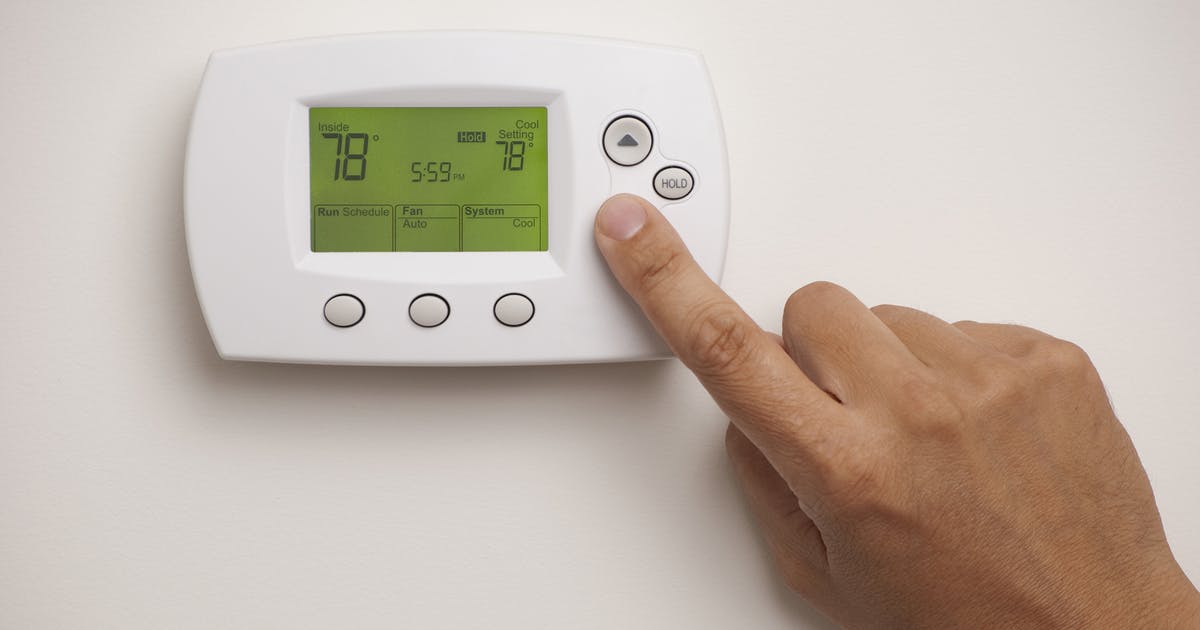
If you've ever combatted a hot and humid bedroom, you then know how uncomfortable it is to sleep in these conditions. Therefore, the choice to keep the bedroom cool is a way to help yourself sleep better. Remove the warm blankets from your bed as the temperatures outside creep up the scale. Ensure the air conditioner in your bedroom is functioning to maximum capacity. If your partner is chilly at night, send the extra blankets over to their side of the bed.
You may even want to look into an additional fan to ensure the air is blowing in your direction. If you tend to use the energy-saving mode on your unit at night, reconsider this decision. The unit is not necessarily keeping the entire room at that temperature. Also, the constant noise of the air conditioner turning on and off might disrupt your sleep.
Avoid Eating Large Meals Late At Night
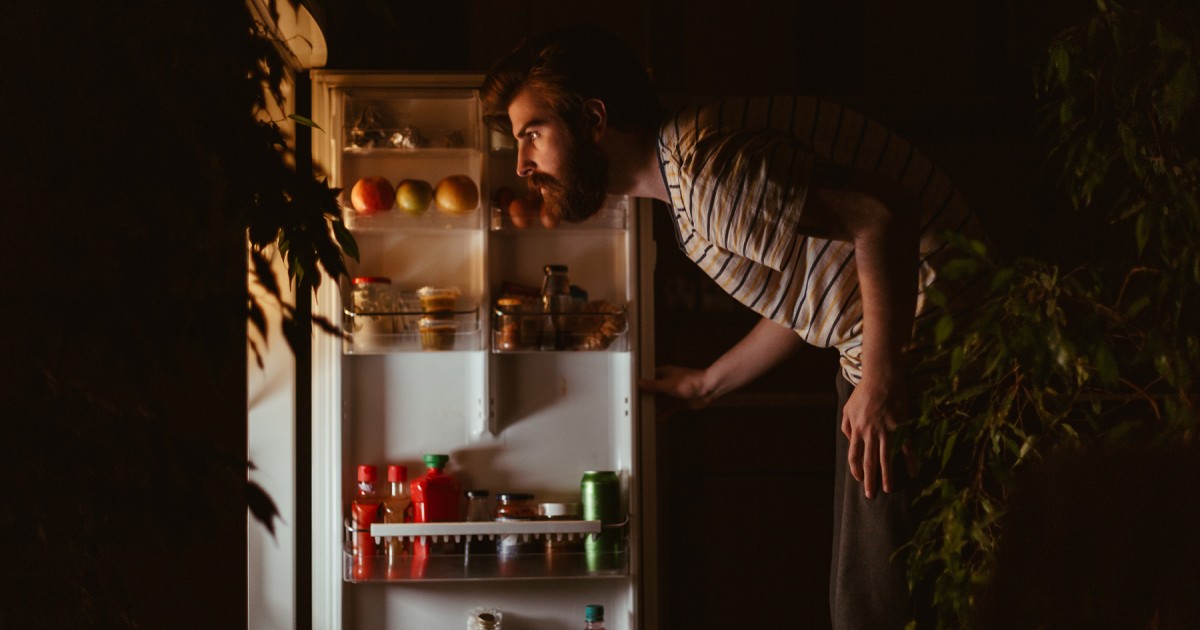
When you have a busy schedule, you might think late at night is the only time to get in your dinner. However, it's important to avoid eating large meals late at night when you want to sleep well. Engaging in these late-night dinners or snacking habits can make you stay awake. Also, think about how certain ingredients can prevent you from getting enough sleep. You might be consuming products with sugar or caffeine that are causing you to have a second wind when you should really be winding down for bed. In addition to keeping you up late because of the ingredients, these type of meals might also cause a stomachache, which will certainly interfere with your sleep.
Take A Relaxing Bath Or Shower At Night
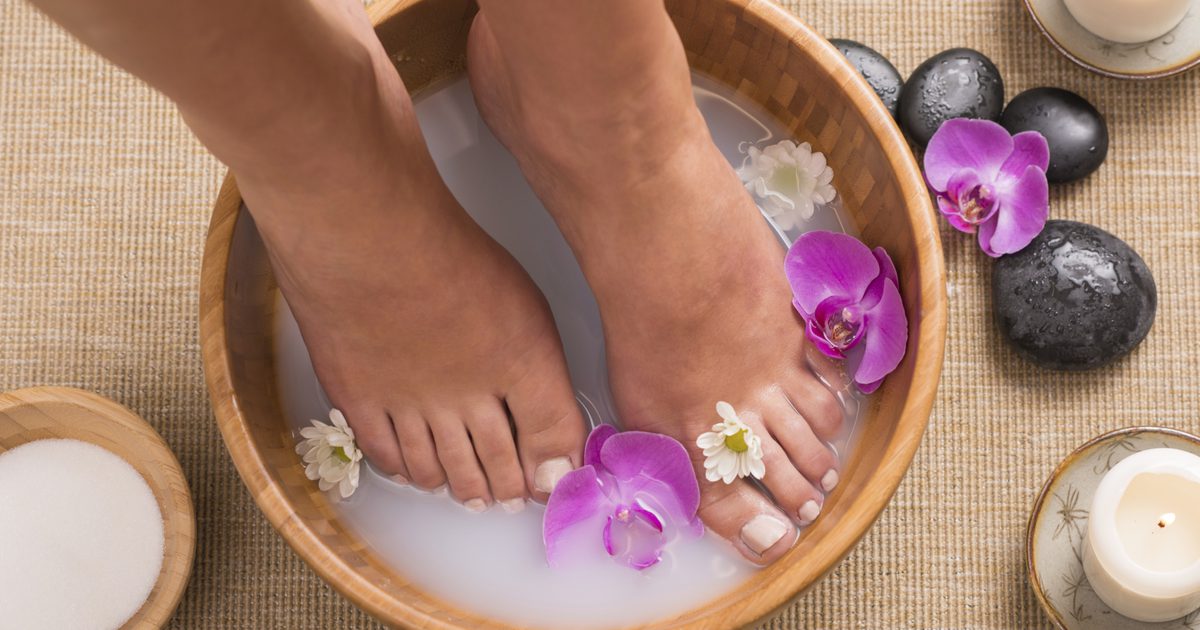
A nice warm bath or shower can help you relax when the night sets in. Having a lovely routine can also help signal to your body you are about to go to sleep. For example, if you take a bath, put on your pajamas and read for a little while each night before you go to sleep, your body may get used to that process, thereby lulling you into dreams each night. You may wonder what you should do if you are someone who prefers a shower before heading out to work in the morning. What you could do is take a bath or a shower to relax at night and still have your morning shower to clean off for the day ahead. When you make a plan to take a relaxing bath or shower at night and maintain your usual morning routine, you can feel great all around.
Sleeping is so important to your health and well-being, so ensure you are getting the appropriate amount of hours each night. Integrating these suggestions can certainly help you in this endeavor. Remember when you suspect a serious health problem is at play, consult a doctor.
